Note – Better Self Psychology have recently said farewell to our Mental Health GP, Dr Emily. We are currently looking for a new team member and hope to have some exciting news soon. If you feel that a Mental Health GP is the ideal starting point for you then please do not hesitate to contact us and we will help get you started.
How is a mental health GP different to a regular GP?
Many of us will know that often our General Practitioner (GP) is our first point of call for help and advice.
A “mental health GP” is a GP with a particular interest in mental health problems and helping people improve their mental health.
As GPs, we need to be able to assess and treat a huge range of physical and mental health issues and be ready to deal with “whatever comes through the door”!
In a normal GP clinic, appointments are usually only 10-15 minutes long, so it can be difficult to have enough time to talk about mental health struggles. A Mental Health GP is able to have longer appointments (40 minutes for a new client, and 30 minutes for a follow-up appointment) so that we can take the time we need to talk purely about your mental health needs, without distractions.
How can a mental health GP help me with my mental health?
A mental Health GP is a good “starting point” for people on their journey to improving their mental health.
They will give you the space you need to share your mental health experiences without judgement. Listening to your story and then asking some questions in order to better understand your situation. They will then discuss their assessment and recommendations for which effective treatment options that would be most helpful for you. You can then decide together which treatment options you’d like to try.
They will arrange follow-up appointments with you as needed so that they can “check-in” and review how you’re going while you’re waiting for, and in-between, your appointments with your psychologist. After you’ve had 6 sessions with your psychologist, they can arrange a “review” of your MHTP so that you can continue to access Medicare funding for your psychology sessions.
Do they prescribe medication?
Yes, they can prescribe medication for people suffering from Depression or Anxiety. There are effective medications for Depression and Anxiety disorders, which can be talked about, that can be used in conjunction with other treatments, such as psychological therapy with a psychologist.
People are often worried about possible side effects from medications, and they can talk about this too. It’s important to consider the possibility of side effects and the “pros and cons” of using medications. However, in most people, side effects are usually only mild and temporary.
Medications may not be appropriate for everybody. Sometimes, psychological therapy and other strategies are more helpful for some people. They can discuss whether medications would benefit your situation, and talk you through the options.
I’m apprehensive about starting therapy.
It is completely understandable to be feeling apprehensive!
Most people do feel a bit apprehensive before seeking help for their mental health. We understand that what you’re experiencing is very personal and sometimes difficult to talk about.
Even considering getting some help for your mental health is a significant first step. It shows you have good insight into how you’ve been feeling and that you’re willing to do something about your situation by seeking help. Everybody struggles with their mental health at some time or another – you are not alone – and help is out there.
More Reading…




